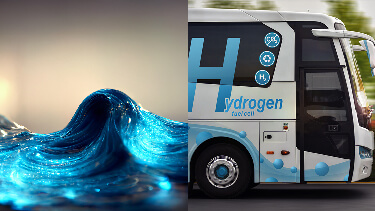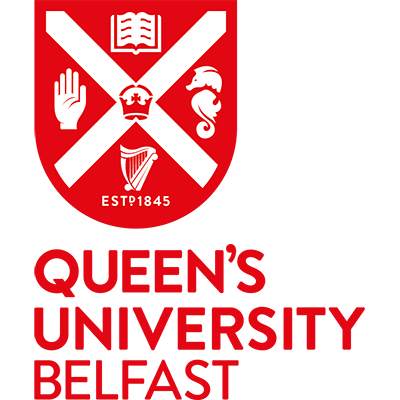Wrightbus

Sponsored by

Sponsored by

Towards zero emission public buses
Researchers from Queen’s University Belfast in collaboration with Northern Ireland bus building company Wrightbus, have developed best in class low and zero emissions technologies, playing a key role in decarbonizing UK and international public transport.
Air quality is a major public health concern, particularly in built up urban areas.
The UK Government’s “Road to Zero” strategy laid out its ambition for all new cars and vans to be effectively zero emission by 2040, as well as schemes to encourage low emission public transport. Buses play a vital role in reducing emissions; one double-decker bus can potentially replace 75 cars. In inner cities, the stop/start conditions and slower speeds mean that older diesel vehicles can emit significant levels of local pollutants.
Hybrid electric vehicle architectures are key in this transition to ultra-low and ultimately zero emissions solutions.
Building on over 20 years of work, researchers at Queen’s have developed advanced hybrid powertrain modelling technology which is integral to thousands of low emission hybrid vehicles currently in service around the world.
In collaboration with Wrightbus, Queen’s developed state of the art system modelling approaches for hybrid vehicles on the development of the New Bus for London powertrain. The success of the London Bus project led directly to the Innovate UK funded project “Next Generation Hybrid Bus” (NextGenHEV). This project led to further innovations in powertrain system modelling, with the evolution of flexible systems modelling architectures which enabled rapid evaluation of candidate hybrid vehicle systems and components.
ultimately led to both the single deck (StreetLite) and double deck (StreetDeck) variants being certified to low carbon emission bus status by the Low Carbon Vehicle Partnership.
Beyond the UK, the hybrid powertrain system & design approaches developed during the Next Generation Hybrid Bus project have opened new opportunities to export this technology internationally. Queen’s have used this lifecycle modelling work, alongside in-service fleet monitoring, to support several tender processes, including in Santiago Chile and Canberra Australia.
We’re committed to making a meaningful impact on the world. A community of innovators, disruptors, and change-makers, we’re working with industry to broaden our translational impact to help tackle the global challenges of our age. Read more about how our research shapes worlds.
Learn more about Queen’s University’s commitment to nurturing a culture of sustainability and achieving the Sustainable Development Goals (SDGs) through research and education. Read more here.